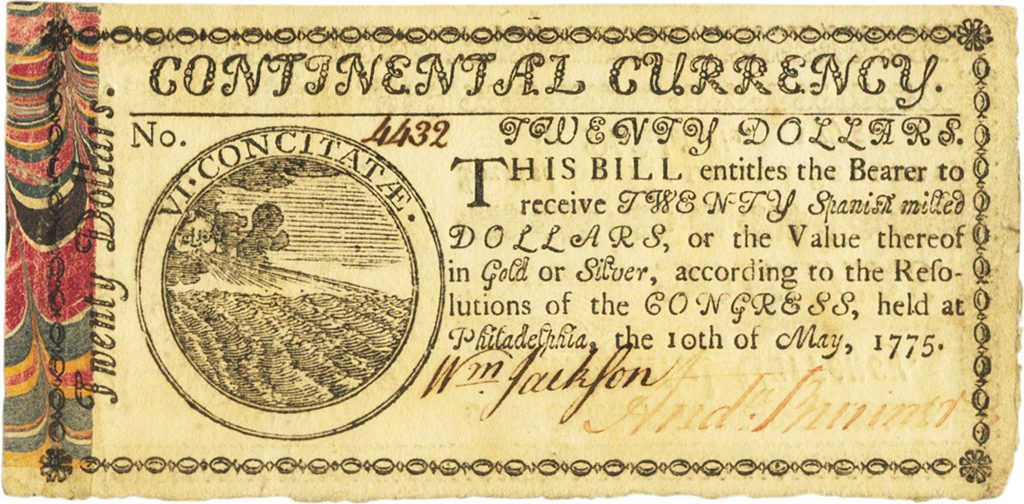Money is more than just a medium of exchange. While it is tempting to think of money as a neutral instrument that enables us to buy and sell goods, monetary policy is deeply political. Furthermore, money as we know it is the product of legal structures that governments put in place. Indeed, recent historians of money have recognized the creation of money as a “constitutional undertaking.”

The students in the University of Richmond seminar on Money and Constitutional Crisis in Britain and Early America have created this site to bring these histories and concepts to a wider audience. In this class, we have surveyed the history of money in one part of the world – Britain and its Atlantic Empire, and the new nation, the United States, that separated from that empire—in order to understand the political and constitutional conflicts that found their expression in conflicts over currency. The site addresses five topics: Commodity Money, Fiat Money, Debasement, National and Central Banks, and Monetary Sovereignty. Each topic includes pages on the history, theory and mechanics, and debates and contemporary issues, as well as a list of further reading suggestions.